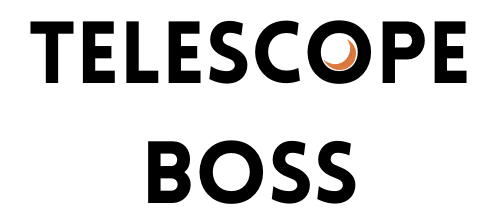Featured Posts
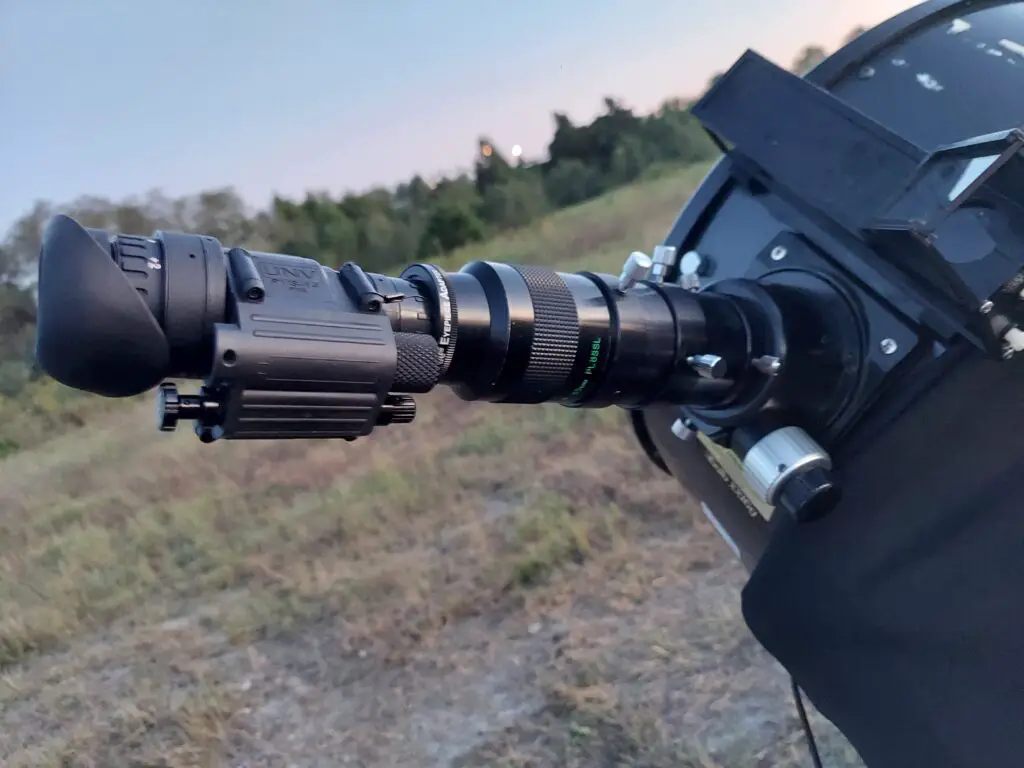
Is Night Vision Astronomy Worth It? It Was For Me
I bought my night vision tube in 2021 to use with my 16 inch Dobsonian telescope. I use it several times a month for outreach events and for stunning handheld smartphone astrophotography. Night vision astronomy is worth the investment. Personal observers will find new objects and see old objects in a whole new way. If…
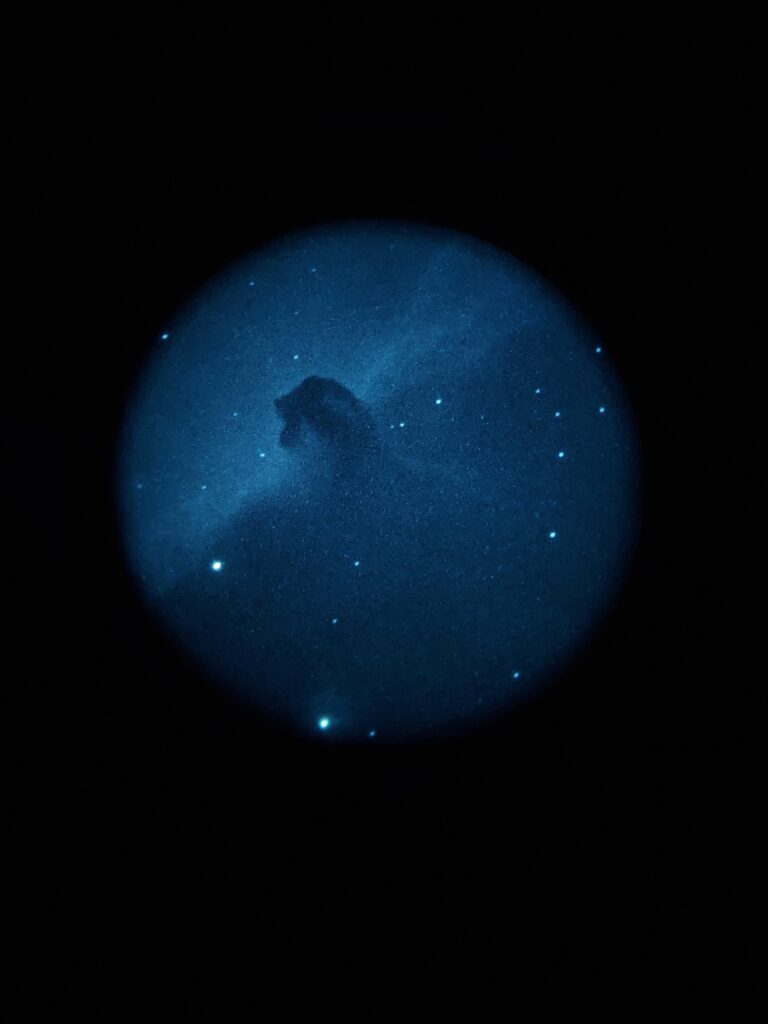
The Horsehead Nebula: Its Size and Significance (With Images)
The Horsehead Nebula is a dark nebula located in Orion, it looks like a shadow against an illuminated background. The Horsehead Nebula is 13 light years across and is located in the Orion molecular cloud complex located approximately 1,344 light years away. This equals over 70 trillion miles across. A craft traveling at the rate…

The Pleiades Nebula?: Understanding the beautiful star cluster
The Pleiades is one of the most recognizable objects in the night sky, it is visible in the night sky even in cities and areas with lots of light pollution. It is very bright and very open. Often when I am out with my telescope, people will point to it in the sky and ask…

Observing the Majestic Dumbbell Nebula
The Dumbell Nebula is a planetary nebula which is also called Messier 27. It is more than 1,200 light years away. The Dumbbell nebula is visible in the Northern Hemisphere in summer and spring. It is located in the Vulcapula constellation. The Dumbbell Nebula is a planetary nebula which means that it is formed by…
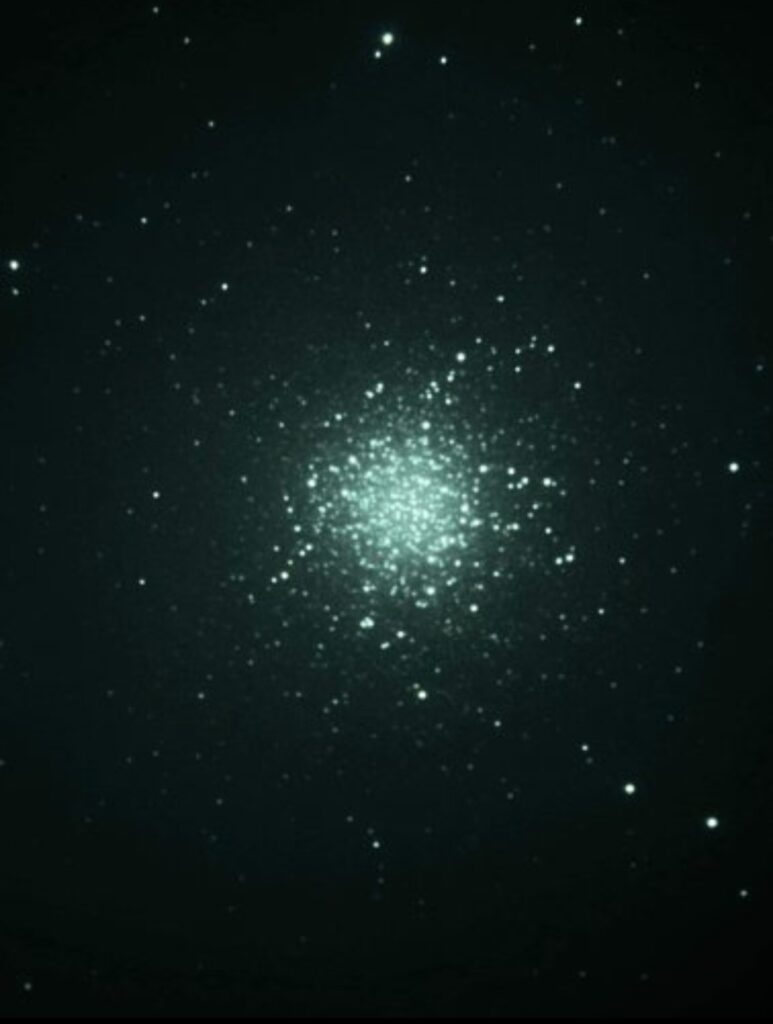
Night Vision Astronomy Refractor vs Dobsonian: With Amazing Images
Night vision astronomy is the use of image enhancing night vision technology with a telescope. It is incredible what becomes visible with night vision. I have been using my night vision tube in my 16” Dobsonian for almost a year now and I reached out to a few friends who use refractors. I will discuss…
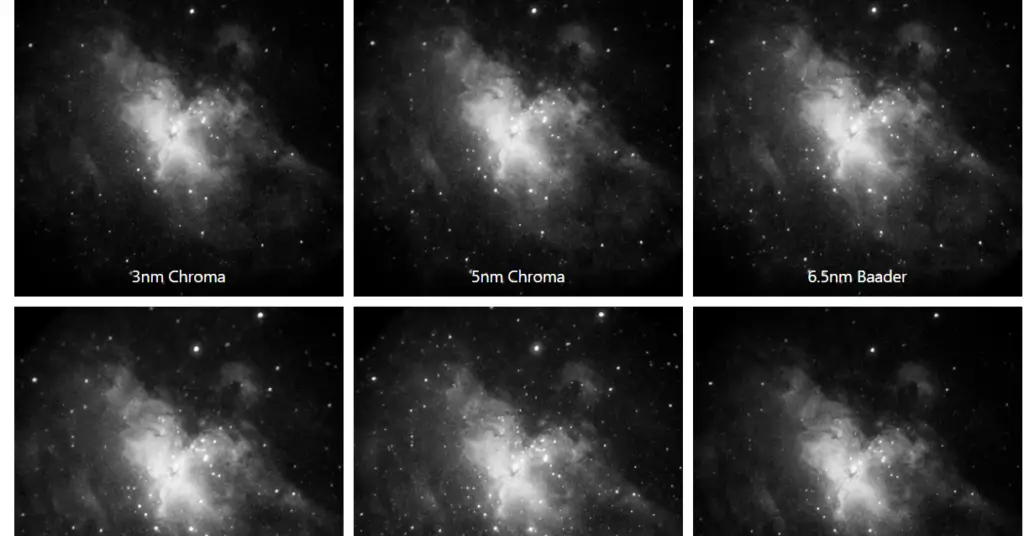
H Alpha Filters For Night Vision Astronomy: 6 Filters Compared
When using a night vision device for astronomy the filter is very important. An H alpha is necessary when using a night vision device for astronomy. The filter helps create greater contrast in your images and blocks out certain kinds of light. These filters are very expensive and it can be difficult to know which one…

What Can You See with Binoculars?
In this article we’ll find out what you can expect to see through binoculars, discuss their pros and cons, and look at some different types of binoculars for stargazing. Experienced astronomers often recommend them to newcomers in lieu of a cheap telescope. There are several reasons for this: Binoculars are useful but underappreciated tools for…

What Can You See with an 80mm Refractor?
Refractors are popular telescopes, with lower maintenance and less cool-down time compared to reflectors. Their clear apertures also provide high-contrast views, especially when they are made with extra-low dispersion (ED) glass. But in apertures greater than 100mm they can be expensive. The 80mm refractor is a good in-between size. It will work well on the…
Which 8 Inch Dobsonian Should I Buy?
The best beginner telescope on the market is the AD8 from High Point Scientific. Dobsonian telescopes are often recommended for beginners as they are easy to use, high quality and give great views. This telescope can be used for years and years to come. Many “beginner” telescopes are not worth the investment even at a…
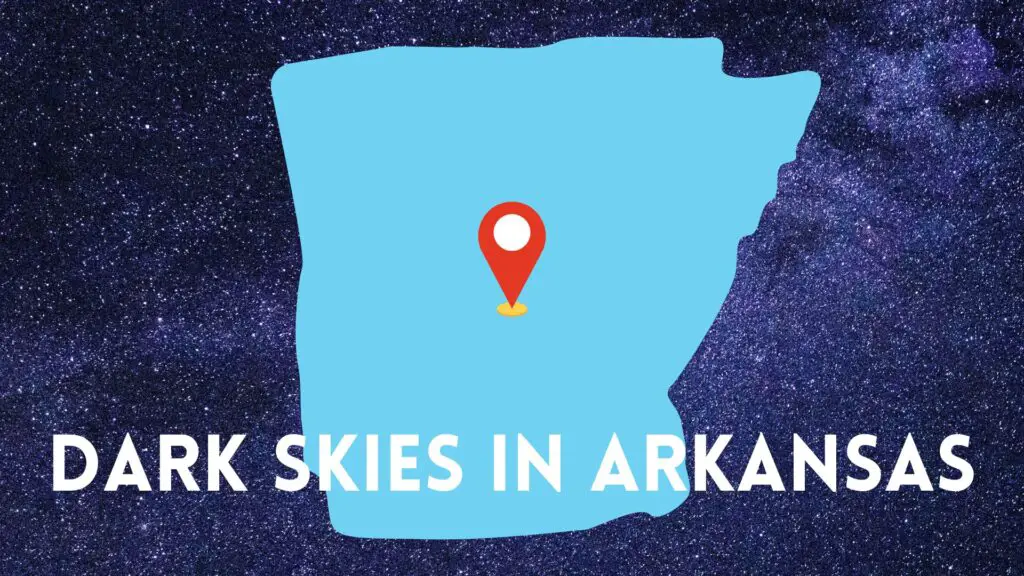
Dark Skies in Arkansas: 6 Insider Spots Astronomers Love
Arkansas has seen a lot of development in recent years and some local astronomers are frustrated, but if you know where to look there are still some beautiful skies to observe. Most of the dark skies in the state are in the northern half of the state. The central part of the state is mostly…
Latest Posts

Is Night Vision Astronomy Worth It? It Was For Me
I bought my night vision tube in 2021 to use with my 16 inch Dobsonian telescope. I use it several times a month for outreach events and for stunning handheld smartphone astrophotography. Night vision astronomy is worth the investment. Personal observers will find new objects and see old objects in a whole new way. If…

The Horsehead Nebula: Its Size and Significance (With Images)
The Horsehead Nebula is a dark nebula located in Orion, it looks like a shadow against an illuminated background. The Horsehead Nebula is 13 light years across and is located in the Orion molecular cloud complex located approximately 1,344 light years away. This equals over 70 trillion miles across. A craft traveling at the rate…

The Pleiades Nebula?: Understanding the beautiful star cluster
The Pleiades is one of the most recognizable objects in the night sky, it is visible in the night sky even in cities and areas with lots of light pollution. It is very bright and very open. Often when I am out with my telescope, people will point to it in the sky and ask…

Observing the Majestic Dumbbell Nebula
The Dumbell Nebula is a planetary nebula which is also called Messier 27. It is more than 1,200 light years away. The Dumbbell nebula is visible in the Northern Hemisphere in summer and spring. It is located in the Vulcapula constellation. The Dumbbell Nebula is a planetary nebula which means that it is formed by…

Night Vision Astronomy Refractor vs Dobsonian: With Amazing Images
Night vision astronomy is the use of image enhancing night vision technology with a telescope. It is incredible what becomes visible with night vision. I have been using my night vision tube in my 16” Dobsonian for almost a year now and I reached out to a few friends who use refractors. I will discuss…

H Alpha Filters For Night Vision Astronomy: 6 Filters Compared
When using a night vision device for astronomy the filter is very important. An H alpha is necessary when using a night vision device for astronomy. The filter helps create greater contrast in your images and blocks out certain kinds of light. These filters are very expensive and it can be difficult to know which one…
